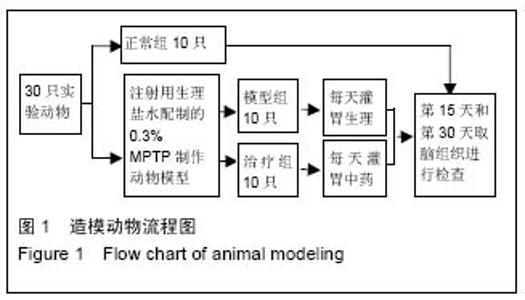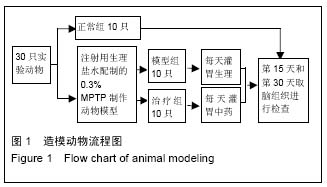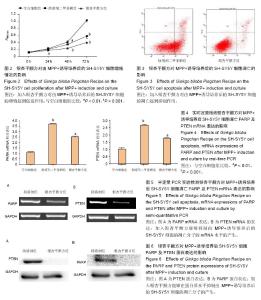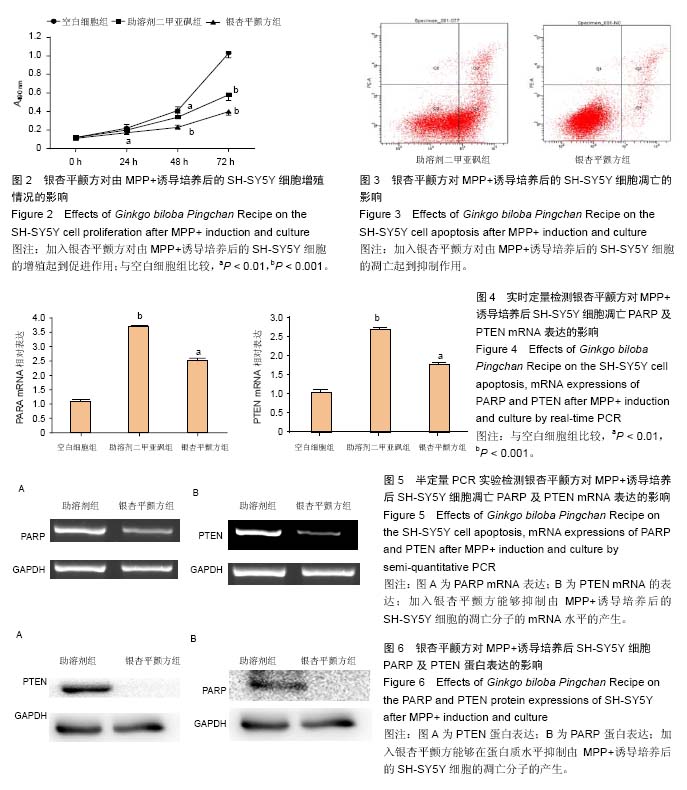| [1] Doty RL.Olfaction in Parkinson’s disease and related disorders. Neurobiol. Disord. 2012;46:527-552.
[2] Zucco GM,Bollini F. Odour recognition memory and odour identification in patients with mild and severe major depressive disorders. Psychiatry Res. 2011; 190:217-220.
[3] Riederer P, Sian-Hulsmann J. The significance of neuronal lateralization in Parkinson’s disease. J Neural Transm.2012;119:953-962.
[4] McNamara P, Stavitsky K, Harris E,et al.Mood, side of motor symptom onset and pain complaints in Parkinson’s disease.Int.J Geriatr Psychiatry. 2010;25: 519-524.
[5] Sian-Hulsmann J,Mandel S,Youdim M,et al. The relevance of iron in the pathogenesis of Parkinson’s disease. J. Neurochem. 2011; 118:939-957.
[6] Livak KJ,Schmittgen TD. Analysis of relative gene expression data using real-time quantitative PCR and the 2(-Delta Delta C( T) ) Method. Methods.2001;25(4): 402-408.
[7] Zucco GM, Hummel T, Tomaiuolo F, et al. The influence of short–term memory on standard discrimination and cued identification olfactory tasks. J Neurosci. Methods.2014;222, 138-141.
[8] Valdeolivas S, Pazos MR, Bisogno T,et al. The inhibition of 2-arachidonoyl-glycerol (2-AG) biosynthesis, rather than enhancing striatal damage, protects striatal neurons from malonate-induced death: a potentialrole of cyclooxygenase-2-dependent metabolism of 2-AG. Cell. Death Dis. 2013;4: e862
[9] Nomura DK, Morrison BE, Blankman JL,et al. Endocannabinoid hydrolysis generates brain prostaglandins that promote neuroinflammation. Science. 2011;334: 809-813.
[10] Zhou LJ, Zhou XZ. Reactionoxygenspecies induced apopto sis in PC12 ce lls and pro tective e ffect o f bilobalide. Pharm cal Exp Ther.2000;293(3): 982.
[11] 曹非,孙圣刚,童萼塘,等.银杏叶提取物治疗帕金森病大鼠的研究[J] . 临床神经病学杂志,2003,16(5): 281-283.
[12] H Li, Yang BB.Stress response of glioblastoma cells mediated by miR-17-5p targeting PTEN and the passenger strand miR-17-3p targeting MDM2. Oncotarget. 2012;3(12):1653-68.
[13] Li D, Zhang Y, Xie Y,et al.Enhanced tumor suppression by adenoviral PTEN gene therapy combined with cisplatin chemotherapy in small-cell lung cancer. Cancer Gene Ther. 2013;20(4):251-259.
[14] Zhang G, Zhou H, Xiao H, et al.MicroRNA-92a functions as an oncogene in colorectal cancer by targeting PTEN, Dig. Dis. Sci. 2014;59(1): 98-107.
[15] Shan SW, Fang L, Shatseva T, et al.Mature miR-17-5p and passenger miR-17-3p induce hepatocellular carcinoma by targeting PTEN, GalNT7 and vimentin in different signal pathways, J. Cell Sci. 2013;126: 1517-1530.
[16] Castellino RC, Durden DL.Mechanisms of disease: the PI3K-Akt-PTEN signaling node-an intercept point for the control of angiogenesis in brain tumors, Nat. Clin. Pract. Neurol. 2007;3:682-693.
[17] Li W, Guo F, Wang P,et al.MiR-221/222 confers radioresistance in glioblastoma cells through activating Akt independent of PTEN status.Curr Mol Med. 2014 ; 14(1):185-195. |





